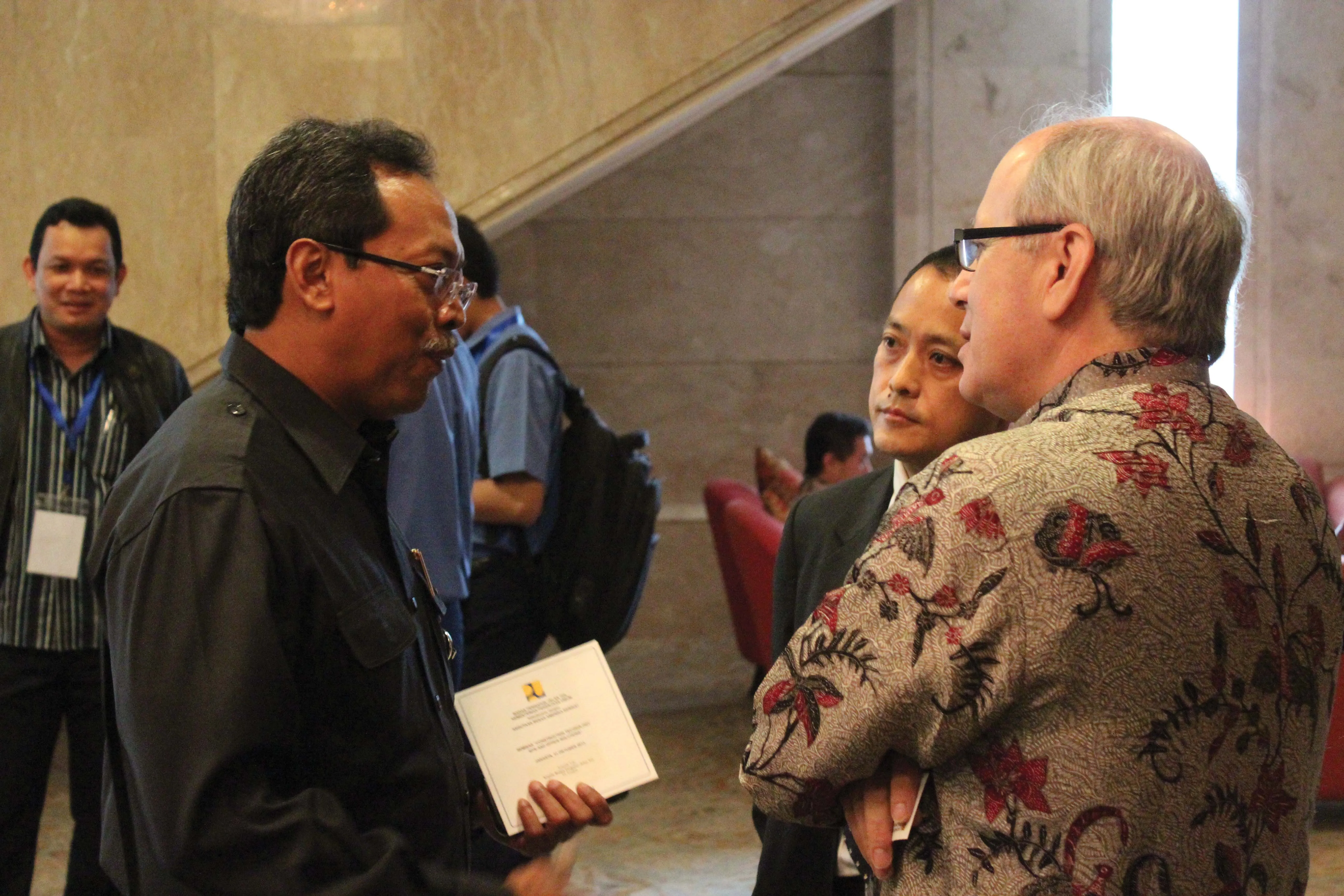Japan's Transport Ministry is working on plans to remove toll charges for passenger cars using 1,626km of the country's expressways. The move is be used as a trial to evaluate benefits to the economy as well as on transportation businesses and traffic congestion.
February 7, 2012
Read time: 1 min
Japan's Transport Ministry (2358 MLIT) is working on plans to remove toll charges for passenger cars using 1,626km of the country's expressways. The move is be used as a trial to evaluate benefits to the economy as well as on transportation businesses and traffic congestion. The trial is being carried out on sections of the Do-o, Kyushu, Okinawa and Chuo expressways and will apply on 37 routes, a majority in rural areas. The Transport Ministry is considering removing tolls from expressways for passengers should the trial prove positive. The government will invest US$1.12 billion of its 2010 budget for the experiment. The move is of interest given that many countries are introducing tolling to highways in a bid to tackle congestion and provide more cashflow for highway investment.








